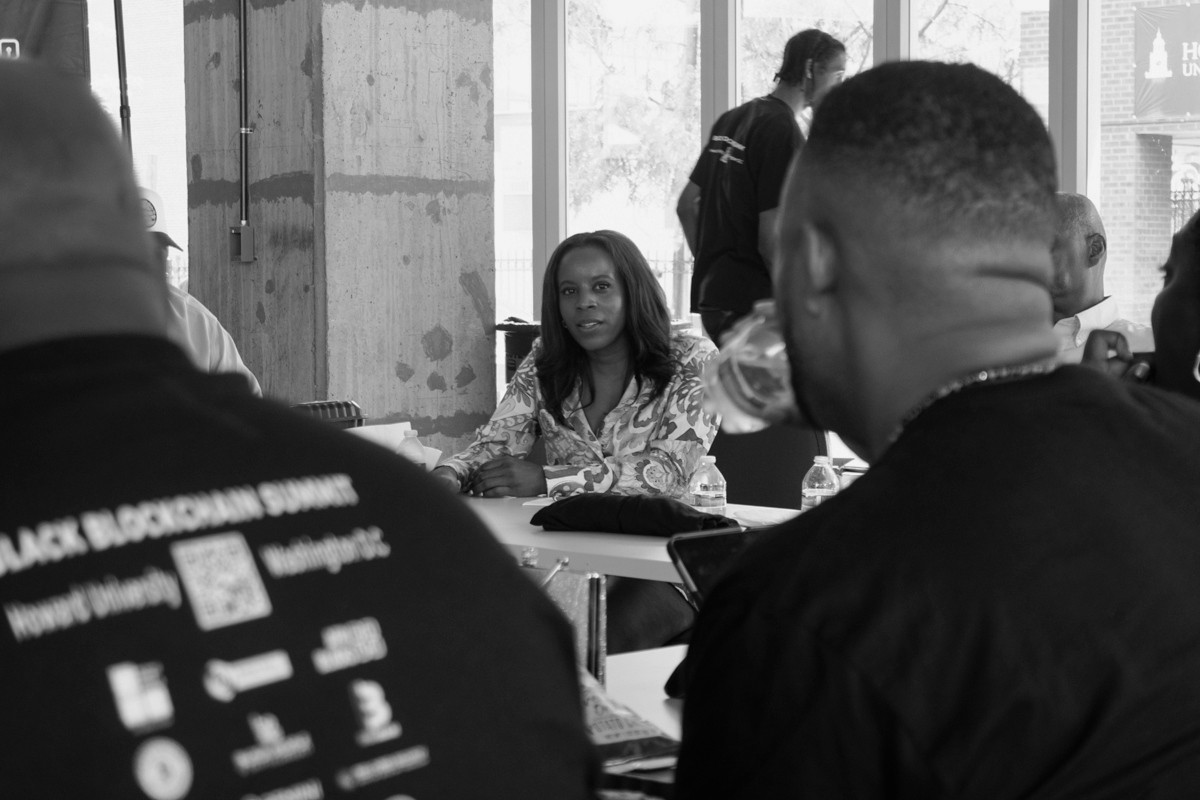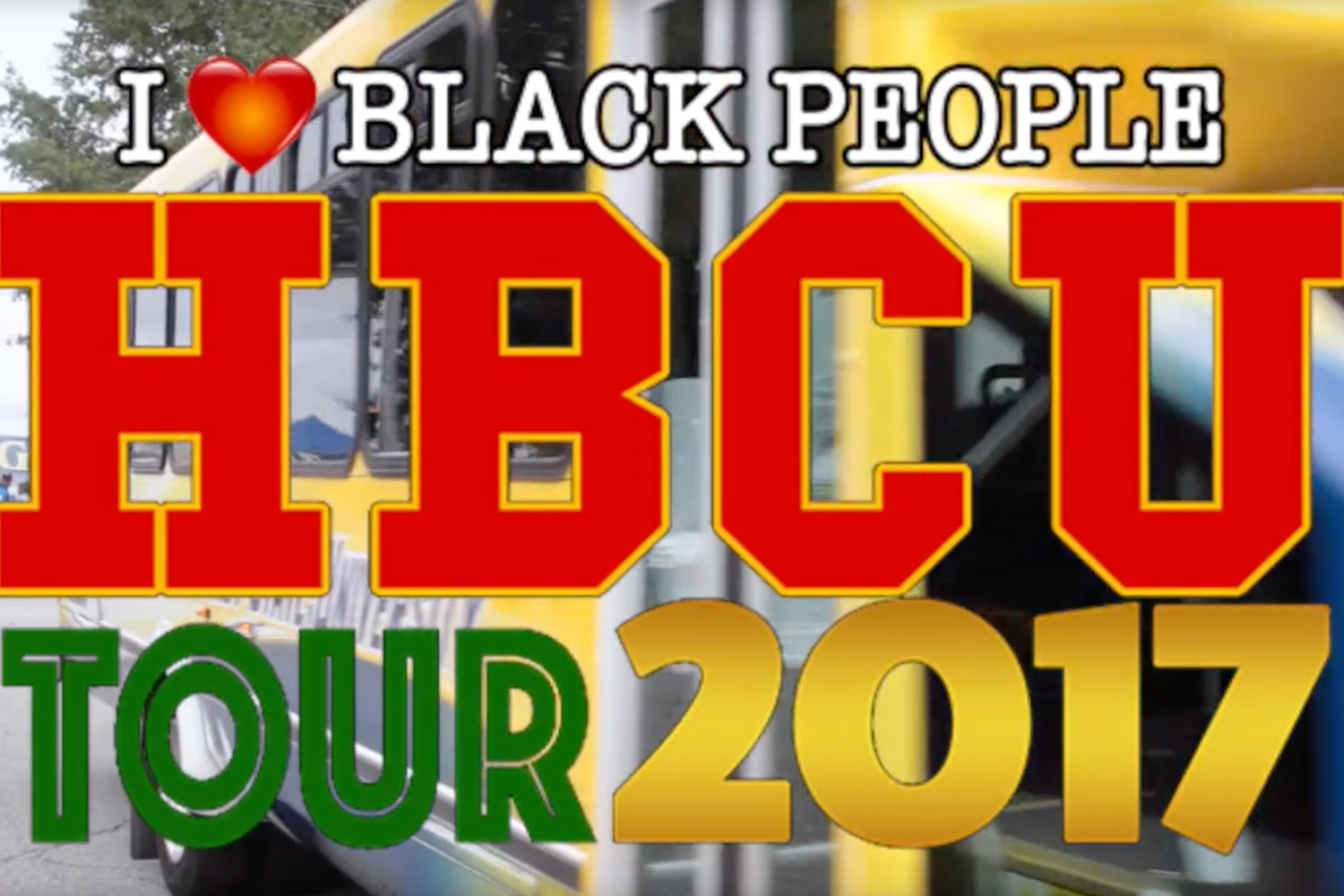This session featured Sister Mona Hamdi, an ethicist and futurist from Harvard University, who discussed the intersection of blockchain technology, social justice, and black wealth. She emphasized how blockchain’s principles of transparency, equality, and decentralization can empower marginalized communities, particularly in Africa and the global Black diaspora, by creating inclusive systems beyond mere financial access. Mona highlighted the growing disparities in wealth consolidation, the systemic barriers faced by Black populations, and the urgent need to redefine “black wealth” to include infrastructure, due process, and representation. She stressed that technology often inherits societal biases—citing AI’s failures in recognizing Black faces—and urged building social infrastructure tailored to vulnerable communities’ needs, such as water and food security. Mona advocated for collaborative, open-source blockchain solutions that address these fundamental challenges sustainably. Throughout, she linked blockchain’s potential to historical struggles for freedom and justice, calling for unity, purpose, and proactive engagement to ensure marginalized voices shape the future systems rather than be excluded from them.







